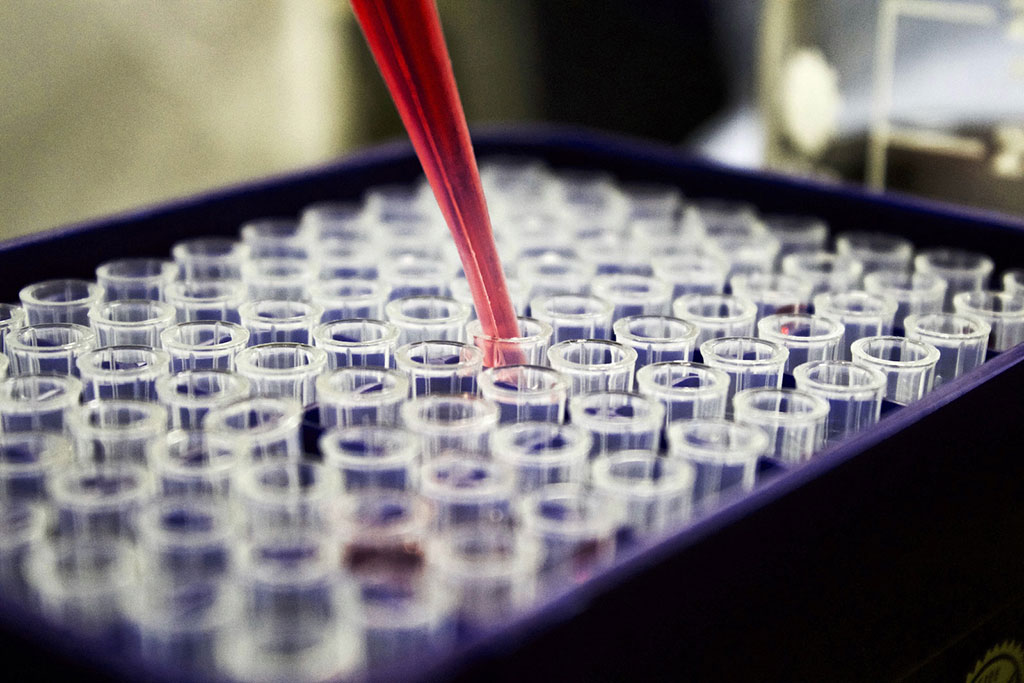Revolutionary Blood Test to Transform Early Diagnosis of Bowel Cancer
Posted on 20 May 2022
Bowel (colorectal) cancer is the second most common cancer globally. It is the leading cause of cancer-related death in the Western world. Early diagnosis of bowel cancer significantly reduces mortality rate. Current diagnostics tests such as colonoscopy or fecal blood detection kits can be invasive, unpleasant and expensive. Now, an accurate, non-invasive, inexpensive blood test can diagnose bowel cancer early and dramatically cut waiting times for diagnosis while reducing the need for unnecessary invasive procedures such as colonoscopies.
Researchers at Swansea University (Swansea, UK) have devised a simple Raman Spectrometry (RS) blood test which can return test results in under 20 minutes. Using innovations based around laser spectroscopy and artificial intelligence (AI) -based analytics, the test analyses cancer-driven metabolic activity in blood that their AI software is trained to interpret and diagnose. The test aims to break down patient anxiety with a highly accurate test to give rapid reassurance to those who have not got cancer and ensure they do not need an invasive colonoscopy. As a result, this will free up valuable endoscopy and colonoscopy resource and speed up treatment for those who have cancer while resulting in savings from a reduction of needless colonoscopies.

Results from a ground-breaking study involving 27 practices and 595 patients showed 79% of early-stage bowel cancers and 100% of advanced bowel cancers were picked up by the test. Early comparisons with other tests currently available in primary care have shown the RS blood test to have greater sensitivity for the detection of bowel cancer. Currently, a high number of unnecessary colonoscopies are conducted to ensure cases of bowel cancer are detected. Since the start of the pandemic, waiting lists for the procedure have significantly increased. These delays can reduce the chances of patient survival, with many people being diagnosed too late. The blood test hopes to change all that by providing accurate results within 48 hours, preventing unnecessary colonoscopies and relieving pressure on healthcare systems.
Related Links:
Swansea University














